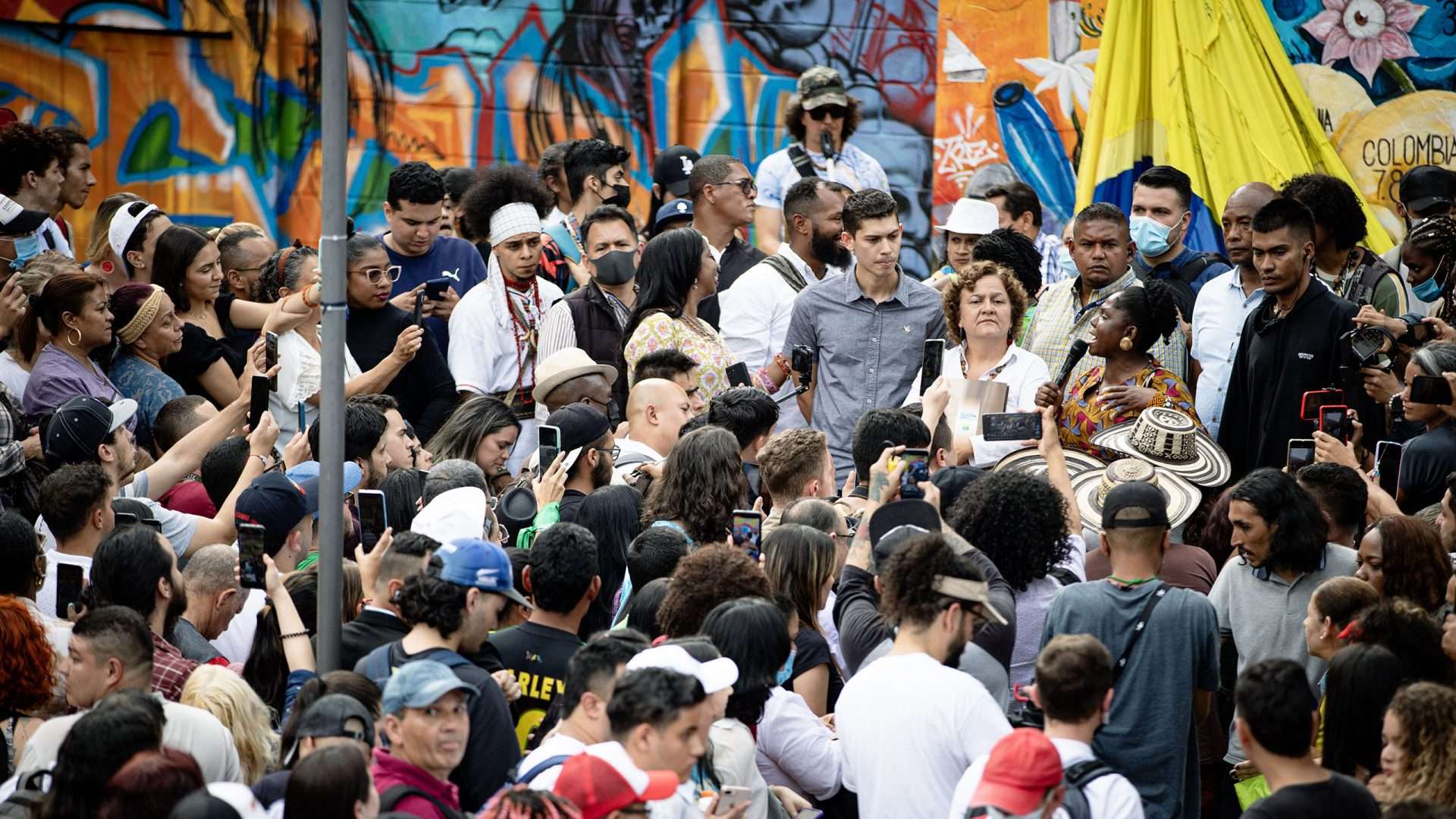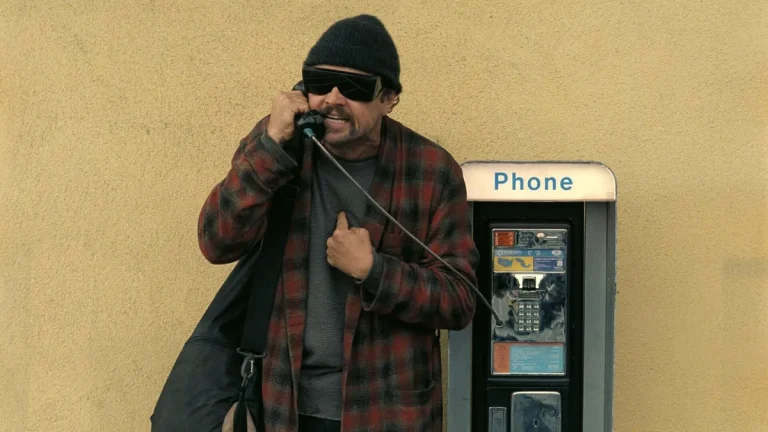Juan Mejia Botero’s documentary, Igualada, offers an elaborate, engaging peek into the presidential campaign of Francia Marquez, a Black Colombian rural activist, as she seeks to wrest power from a government that has repeatedly failed her people. Marquez has everything pitted against her favor but lets none of them dent her spirit. It only fires her in her journey. She is subjected to a volley of slurs and prejudice, beginning with vicious targeting aimed at her blackness. She turns each discriminatory fusillade around in a positive reclamation.
Botero establishes the contexts carefully, laying out how the native communities have long occupied a position of extreme precarity as they have witnessed the brutality of right-wing paramilitary forces winding back to the 1990s. Some of the information parcelled out is done cursorily in the manner of short passages that come up on the screen. Botero is helped by the fact that Marquez’s story has embedded in it a rich potential for universal resonance.
It is a story powered by Marquez’s pure, unflinching grit and resolve. Her determination is as unshakable as her righteously fuelled anger with the frameworks of her country that regard her and all indigenous folks as disposable. The paramilitaries, in cahoots with corporations, are busy shoving native communities out of their home territories, often orchestrating massacres with impunity if there’s any resistance, all for bolstering the Alvaro Uribe-led government’s development deals. This is a narrative whose blood-drenched familiarity echoes through every place in the world.

While Marquez’s fight begins as one against the persistent, violent dispossession of her community in La Toma, it spreads out to include a motley mix of several kinds of marginalization. There is a stirring moment where a young Marquez talks of her ties to her land, reaffirming a vision of the territory as a source of life and opposing how it is politically imagined. Marquez’s imagination is fundamentally couched in love and kinship for every element of the ecosystem she grew up in, continually deepening it to propose an all-inclusive worldview that cedes no place to the crushing bulldozing grip of greed.
Marquez is guided by an abiding belief in justice while being hyper-aware of how unachievable it has become in her country. Her battle is to turn it into something that is available to the lowest of the echelons. She acknowledges the toughest bit in her struggle is to convince those of the difference in her politics. How can you turn their disillusionment, their disaffection, into conviction and hope? This is what she grapples with.
Botero follows Marquez on her campaign trail from 2021 to her appointment as vice president in Gustavo’s government. This is intercut with interviews dating from the early 2000s when Marquez starts vociferously expressing her dissent to the normalized violence and eviction as a member of her community council. We sense her charisma and dynamism right from her youth and early days of grassroots activism. There’s a strong pull she exerts in the expanded glimpses we get of her speech. She holds her first rally by a river. It almost becomes a picnic, with everyone playing and twirling in the river. It gives a striking snapshot of the kind of politics she wishes to practice, one that is kind and generous and allows for an open embrace. Marquez’s campaigning also holds the door open for the LBTQIA citizens.
The documentary faithfully traces the many steps in her campaigning, ranging from how it was first spurred as an eruption over a mother’s loss she watched and the helplessness in her region to garnering signatures for registration. It is a remarkable story that contains all the winning elements of incredible, gripping, and rousing drama. Andrea Chignoli edits briskly, leaping across timelines, but the film doesn’t quite carve out her inner subjectivity. We are made privy to the hostility she faces as well as how she fights tooth and nail, especially how a lot of people try to attribute her rapidly ascending popularity to the patronage and backing of Gustavo and other men. She challenges each time she is discredited, defiantly reiterating she has earned her recognition.
But Botero seems daunted by the enormity of footage he must have assembled, unable to base a definitive throughline. All the jumping across the timelines comes off as haphazard and doesn’t accrue toward building a rounded portrait. Marquez designs a lot of her campaigning as one that tries to speak to the black homemaker women of Colombia, a section for whom no one has rarely spoken. There’s a particularly insightful bit when Marquez confesses her initial fear of feminism, especially because she has seen it co-opted mostly by urban women, thereby not connecting with her particular experience. There’s undeniable power in stretches of Igualada, but it also left me wishing it had scratched into more of such apprehensions and anxieties that’d have rendered her a throbbing, vivid, and complex figure.



![There Are No Saints [2022] Review: A bleak but traditional Revenge drama](https://79468c92.delivery.rocketcdn.me/wp-content/uploads/2022/04/There-Are-No-Saints-2022-768x432.jpeg)


![Wander [2020] Review – The paranoia of Conspiracy Theories](https://79468c92.delivery.rocketcdn.me/wp-content/uploads/2021/01/Wander-Tommy-Aaron-1-768x384.jpg)
![A Cure for Wellness [2017]: Polished Madness](https://79468c92.delivery.rocketcdn.me/wp-content/uploads/2017/05/5811c75e894da-768x288.jpg)
![I Was at Home, But [2019] – ‘Berlin’ Review](https://79468c92.delivery.rocketcdn.me/wp-content/uploads/2019/02/I-Was-At-Home-But-High-On-Films-2019-Review-e1550235024116-768x414.jpg)